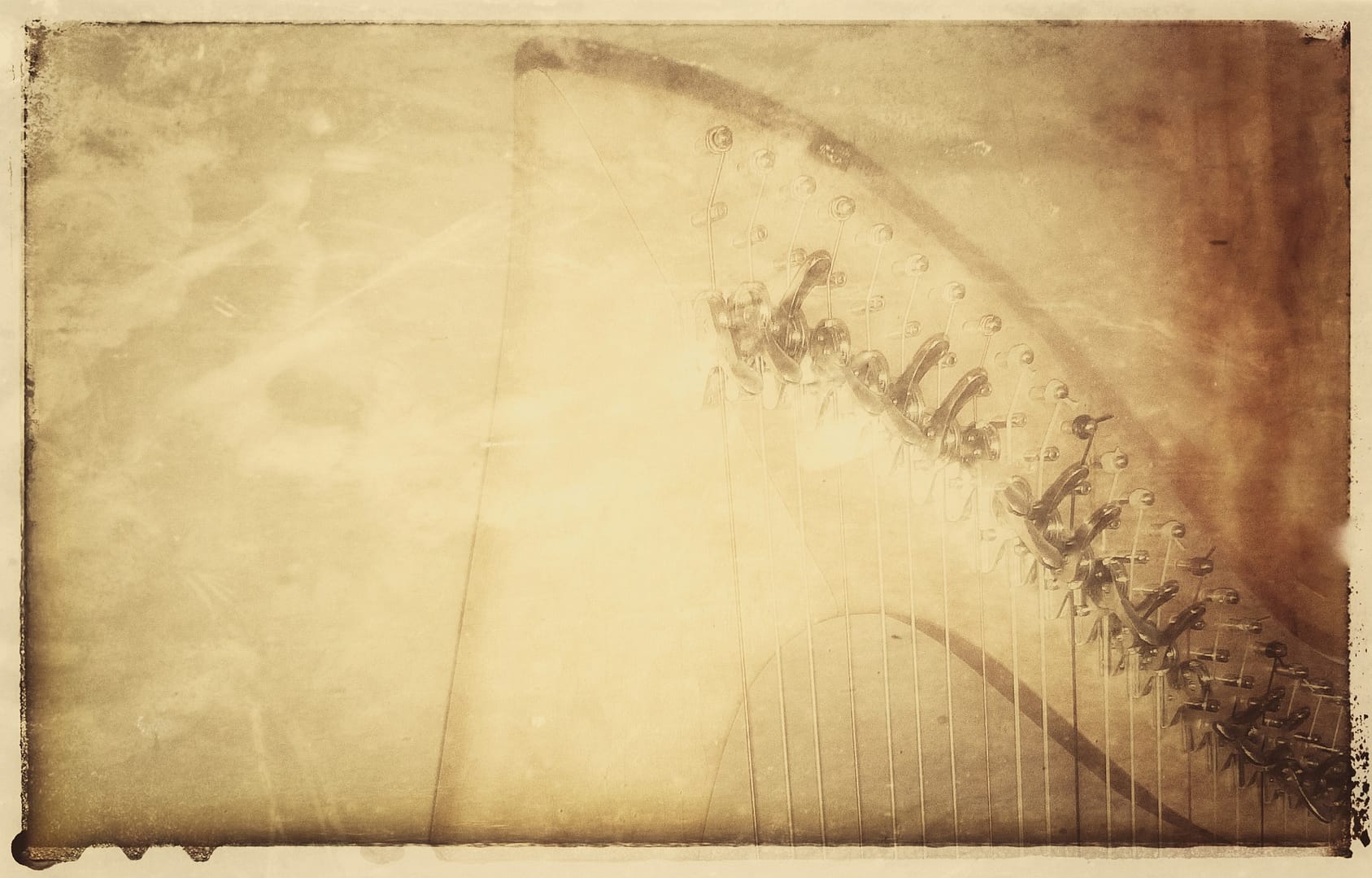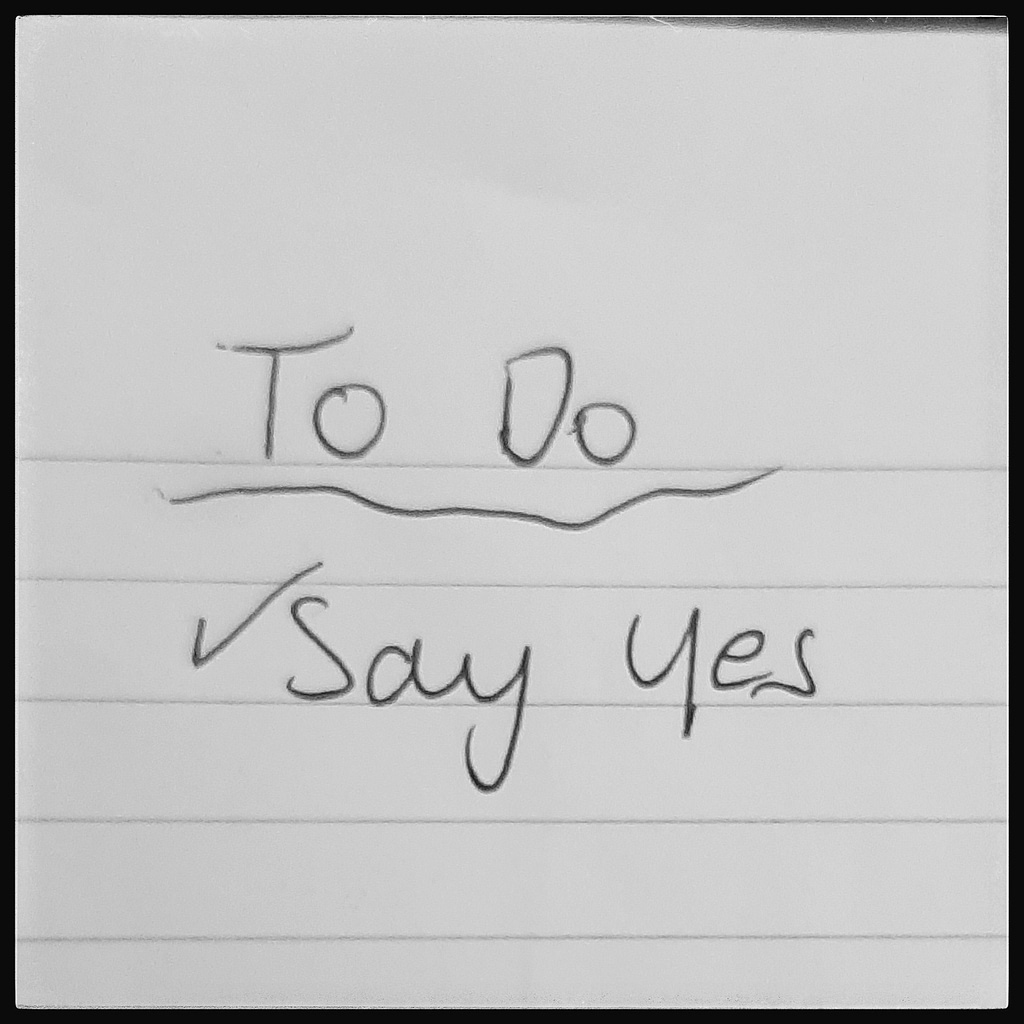My Aunt died this week. She was 101, active, and happy. Beautiful with her years and, though I have not seen her in decades, suddenly missed. Thinking of her passing put me in mind of another passing, another end of life, this one sad and reluctant in life and death. I find myself thinking deeply about the two lives that turned out so differently, thinking about the choices that led away from the same place down two divergent paths, wondering about lessons they have to teach me.
You cannot choose the prison of your senile old age, they say. When dementia takes you over, it devours you and spits out your essence, your lost self, as waste. They say.
I’m not so sure that is the complete answer. I think that we spend a lifetime building the walls and windows of the places we wander at the end.
“Life is a choice,” according to Arnold. It’s so true. There are choices in every moment, and every one of those choices is an opportunity to build our capacity for happiness.
Some choose iron bars and concrete blocks for their building materials. They bed down in their little cell, leave the door cracked open just in case, and learn to like the familiarity. Over the years, they come out less and less. You can watch the change in their eyes when they realize they’ve wandered too far from the comfort of sadness. You can watch them look around, take in the sunshine and loveliness, think about it—and say no.
I watched the old person I know so well do that as she crouched in her wheelchair at the end of the hall. She looked at me, she saw me, she heard my singing, and she touched the tips of her fingers to the shine of happiness in the air.
But she found the space too open, too frightening, too strange, and she missed her hard little bed in the dark cell. Goodbye, said her blurred blue eyes.
And she was gone again.
She wrapped fear and anxiety around her thin shoulders, scurried away to her darkness, and peered out through her fingers at the blinding light outside. She saw things that weren’t there, things she’d carried with her for decades, things she’d fed and cosseted inside her mind until in her age and weakness they chuckled darkly and came out to play.
There in the nursing home, I tried to drown them in my music, to shoo them away, to firmly point them out the door, but they just stuck their warped claws into my flesh and sought to drag me deep into the stinking prison where they live. And she turned away her head, reached to draw her monsters close around her, snuggled them under her stiff blankets, sucked in their bile, and spat it at the world.
I sang to still my soul and weave a shawl of peace around me while I watched her. I thought about the years, the long years, of branching paths along her way, the paths she refused.

No judgment. It’s hard, so hard, to walk away from the path your elders trod ahead of you. The ground underfoot is invitingly smooth (or so it seems in the dim light), while the unfamiliar paths wind under thick and tangled trees, around rocks, through flooded streams.
Those other ways will lead you to strange hollows and foreign towns. You don’t speak the language. And you are, you believe, alone. So many reasons (or so it seems to your terrified soul) to walk where your parents walked.
Her choices took away so much from me. Even more from herself.
But now, nearing the end, she has a gift for me, and I think that in some shuttered corner of her soul she knows about the gift, caresses it, polishes it carefully before handing it to me wrapped in her bruised love.
Her at-last gift is the gift of knowing.
I open the invisible card that comes with her gift and read her shaky disappearing handwriting:
Do not be like me.
Choose happiness at every breath and branching pathway.
Learn while you still can.
This is good enough for me. I accept the gift. I will choose differently.




